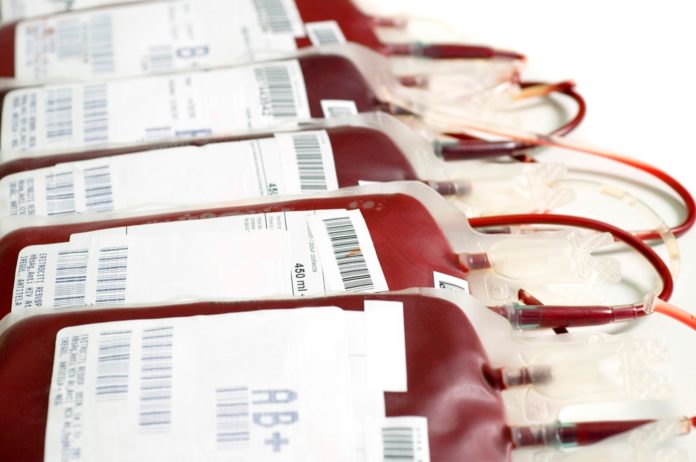According to a new study, getting blood from women, who has ever been pregnant could drive men with higher mortality risk.
Men who received blood from previously pregnant female donors had 13% higher mortality rate than those who received blood from male donors. On the other hand, men who received blood transfusions from women who had never been pregnant were not at increased risk of death.
In case of women who received blood from women with pregnancy history, does not found at increased risk of death.
According to Dr. Ritchard Cable from the American Red Cross Blood Services, the findings are challenging and may even have significant affection on the blood donation process and the use of blood in transfusions.
Dr. Gustaf Edgren, of the Department of Hematology at Karolinska University Hospital in Stockholm said, “The results are preliminary, and it’s possible that there are alternative explanations for the findings. Therefore, more studies are needed to confirm the results. For now, the criteria for donating blood should not change.”
Scientists are unsure about the exact reason behind why blood from women with pregnancy history tends to have higher mortality risk. According to them, changes that occur in a woman’s immune system during pregnancy could play a role.
During the study, scientists involved 31,000 individuals who received red blood cell transfusions in the Netherlands between 2005 and 2015. All people had received transfusions exclusively from one of three types of donors: male donors, female donors with a history of pregnancy, and female donors without a history of pregnancy.
Scientists noted, for male patients who received blood from female donors with a history of pregnancy- there were 101 deaths per 1,000 people per year. On the other hand, there were only 80 deaths per 1,000 people per year among those who received blood from male donors and 78 deaths for never-pregnant donors.
The study had limitations too. It is because the patients received fewer blood transfusions from only one type of donor. Moreover, the increased rate of death was seen only for men ages 50 and younger.
Scientists noted, “Further research is needed to replicate these findings, determine their clinical significance, and identify the underlying mechanism.”
